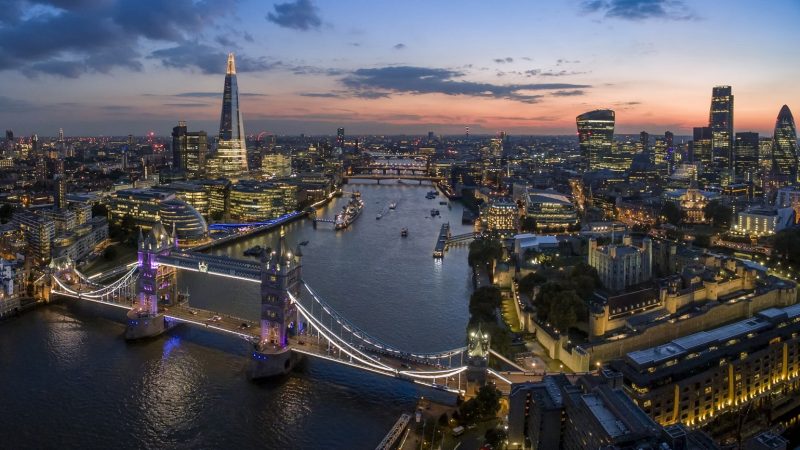Rogue landlords are being protected

Databases that name and shame rogue landlords have been promised in response to recent scandals with appalling homes, but data from London shows that they aren’t going to help if more than 95 per cent of the data is hidden from renters. As a private renter in London, I long for my own housing security but together with so many others, that seems to be just getting further out of reach.
Last month, the coroner’s verdict that exposure to mould in Awaab Ishak’s housing association flat was his cause of death led Michael Gove-the Secretary of State for Levelling Up, Housing and Communities – to state he would “crack down” on mould infested homes. Promises included a register of rogue landlords so that private renters can check if their landlord meets a basic standard before choosing to live in their property.
This register was promised by Gove at the start of 2022, as reported by Generation Rent, but it has not yet appeared.
London has had a Landlord Register since 2017, yet in June 2022 there were only 171 entries available to the public. Questions from the City Hall Greens found that a further 2,745 entries are on a “private tier” only accessible to the Greater London Authority and councils as entries are only publicly available for 12 months.
The private tier is described as a legal precaution following advice from expert counsel. But this cannot be in the best interest of renters and requires further investigation. The restrictions limit the usefulness of the tool to London renters as most of the information they need to make an informed decision they can’t get to.
Despite there being approximately 2.7 million private tenants in London, 26 boroughs have had less than 100 entries in the six years the tool has been available and the checker has only been viewed 380,167 times since 2017 (working out as an average of 76,034 per year).
Currently, councils are required to issue licences to landlords for all privately rented properties. The level of licensing in an area needs to be agreed by the Secretary of State:
- Mandatory housing of multiple occupancy (HMO) licensing applies to properties occupied by five or more people, making up two or more households
- Additional HMO licensing applies to privately rented properties occupied by three or four people making up two or more households
- Selective licensing single person, two people or single household (all properties).
There seems to be a correlation between boroughs with additional Landlord Licensing and number of entries. Newham and Camden both top the rankings and have some of the most extensive landlord licensing regimes.

I’ve lived in many houses and flats across the city, experiencing a range in landlord and agency care and quality. Being a private renter in London is tougher than ever, with a drastic drop in availability (a reported 44% reduction in rooms to let), huge rent hikes, fierce bidding and offers over the asking price. Hannah Tomes, writing for The Spectator, describes receiving 60 inquiries overnight including people pledging to send money before even seeing the room.
And once you secure a property – it is not certain that your landlord will address any issues you have or keep your rent at the agreed level for 12 months.
The imbalance of power has never been so stark. A safe home is a human right. We must take the side of renters and hold landlords to account to improve and protect the lives of tenants.
Zoë Garbett is a Green Party Councillor in Hackney and is standing to be the Greens’ candidate for Mayor of London.
Image credit: Ilya Grigorik – Creative Commons
Left Foot Forward doesn't have the backing of big business or billionaires. We rely on the kind and generous support of ordinary people like you.
You can support hard-hitting journalism that holds the right to account, provides a forum for debate among progressives, and covers the stories the rest of the media ignore. Donate today.



